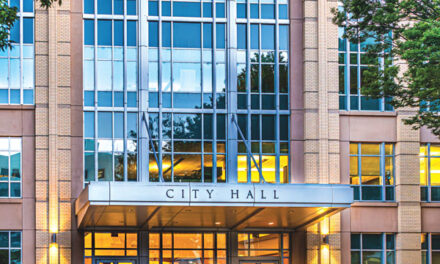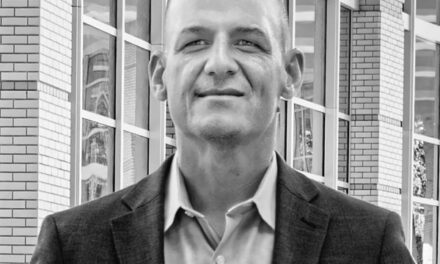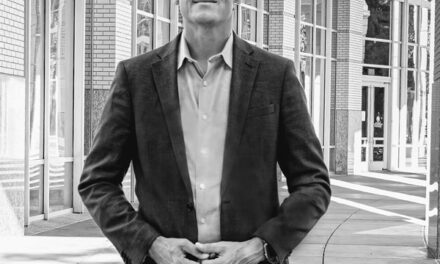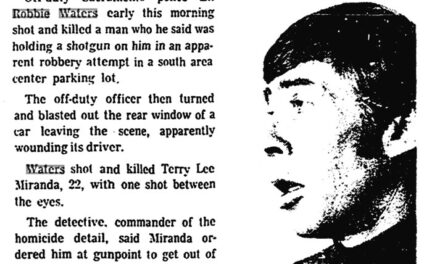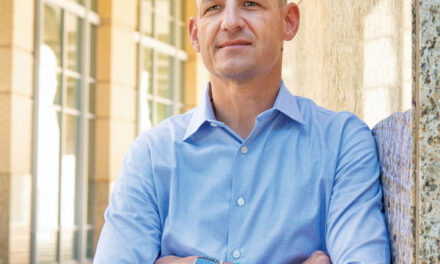For years, I’ve tried to figure out why the local homeless population grew from 2,700 to roughly 10,000 since Darrell Steinberg became mayor.
I’ve finally figured it out. The answer is obvious. I just couldn’t see it.
Steinberg and the City Council promote homelessness. They encourage an unhoused culture. The city has authority to stop or at least slow the problem. Instead, the mayor and friends search for excuses to help homelessness thrive. They bring gasoline to the bonfire.
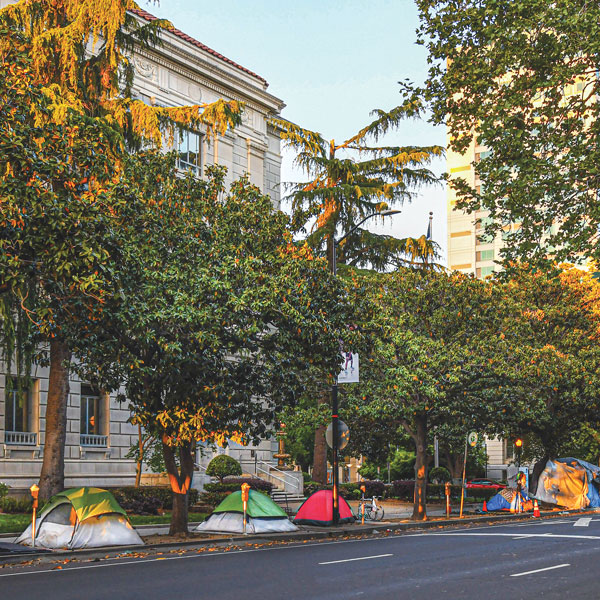
With policies and willfulness, the mayor and council accepted tents along X Street and Alhambra Boulevard. They ignored doorway sleepers and sidewalk encroachments. They declined to enforce rules about property crimes, open fires, drug sales, public drunkenness, prostitution, inoperable vehicles, health, safety and indecent behavior when homeless people were involved.
Mayhem ensued. Of course it did.
Under Steinberg’s leadership, local authorities respect camping as a lifestyle. If people refuse services and wish to live in tents on sidewalks and hoard bicycles and trash, the city rarely, reluctantly interferes.
In 2020, Downtown City Council member Katie Valenzuela arrived to help the mayor preserve the inviolability of homelessness. Compassion became acceptance.
As irresponsible as this sounds—what kind of civic leadership sanctions homelessness?—tolerance of street camps continued until Sacramento became a national disgrace.
Now when residents look past the parade of modest remedies such as transitional shelters, tiny homes, trailers, sprung structures and motel vouchers, they realize the city’s shameful homeless predicament make sense. Tents are the inevitable result of policies that see no evil in sleeping rough.
Steinberg, Valenzuela and the council will reject accusations that they condone homelessness. No doubt they hope the problem vanishes. But their solutions, which involve building 10,000 homes for unsheltered people, and another 10,000 for the next wave, into perpetuity, are fantasies.
As for condoning homelessness, the mayor and council’s actions prove them guilty. Steinberg and friends hid behind a court ruling and abdicated responsibility. They used the court as an excuse to support street campers while feigning helplessness.
The decision, from the 9th U.S. Circuit Court of Appeals, is called Martin v. Boise. The 2018 ruling prohibits Boise police from criminalizing certain people who sleep on public property. The decision encourages cities to open shelters and structured campgrounds, similar to Haven for Hope, the San Antonio program I’ve written about several times.
Steinberg and the council based their policies on the fiction that Martin requires shelter beds for every homeless person before tents can be cleared. Immune from laws and ordinances, homeless camps spread like weeds.
But Steinberg and Valenzuela didn’t understand Martin v. Boise. Or they intentionally misrepresented it.
In an important footnote, the court said cities can restrict camping in certain public areas. And cities can remove people who refuse services or can afford shelter. Steinberg and the City Council ignored that footnote.
Phoenix leaders viewed Martin v. Boise through the same goggles worn by Steinberg and Valenzuela. Homeless camps consumed a Phoenix neighborhood called the Zone. Property owners and residents in the Zone got fed up, sued the city and won.
Maricopa County Superior Court Judge Scott Blaney eviscerated Phoenix’s policies. Blaney wrote, “The City erroneously applied the Martin case; interpreting its narrow holding as precluding the enforcement of public camping laws whenever the homeless population in Phoenix exceeded the number of available shelter beds. The City also stopped or greatly decreased enforcement of other health, quality of life, and even criminal laws and ordinances in the Zone.”
Sound familiar? The judge rejected the notion campers can’t be cleared without sufficient shelter beds. And he confirmed the city can prevent camping by homeless people who refuse services or have resources.
“Structured campgrounds would solve the City’s concerns about the application of the Martin case because the additional shelter beds would provide an alternative to sleeping on the street,” Blaney wrote. “Thus, structured campgrounds would eliminate any legal prohibition on the enforcement of anti-public camping laws.”
I’m a slow learner, but I get it. With a mayor and council members who support street camping, it’s no wonder homelessness blazes out of control.
R.E. Graswich can be reached at regraswich@icloud.com. Follow us on Facebook, Twitter and Instagram: @insidesacramento.



